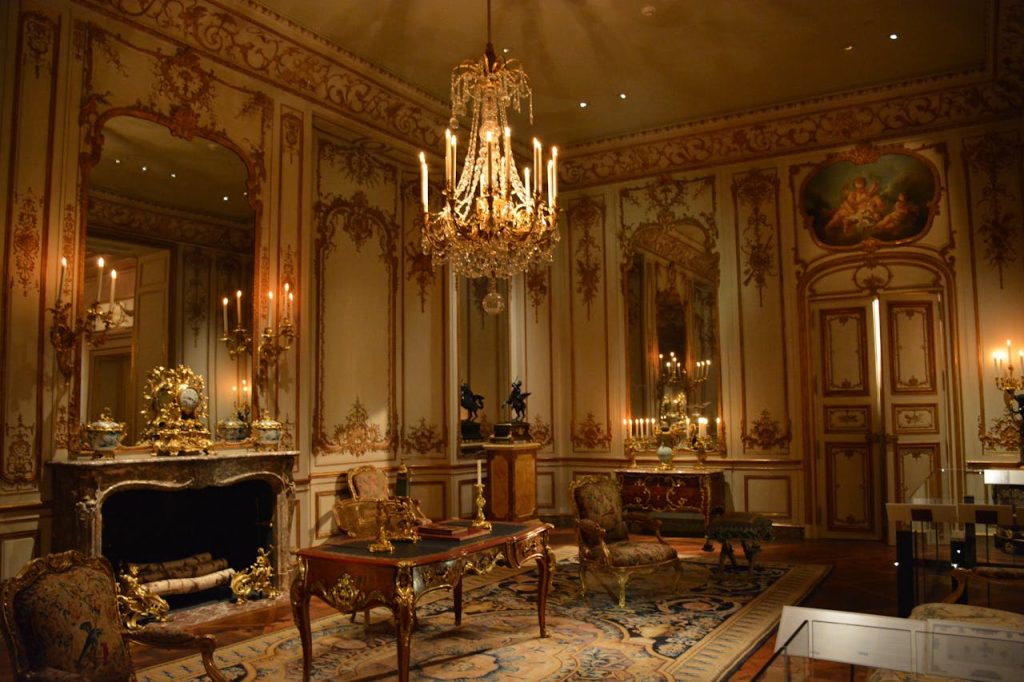The luxury market is undergoing a significant transformation as the preferences and behaviors of its consumers evolve. A 2024 report by Bain & Company highlights this shift, projecting that by 2030. Generation Z (born between 1997 and 2012) will represent nearly a third of all luxury purchases. Millennials (born from 1981 to 1996) are expected to contribute to more than half of these high-end transactions. This changing demographic landscape presents both opportunities and challenges for luxury brands. As they strive to stay relevant in an increasingly competitive market.
Gen Z: The Future of Luxury Spending
Gen Z is emerging as a formidable force in the luxury market. According to Piper Sandler, this generation is poised to become the wealthiest. With their influence driving luxury sales across various industries, including retail, travel, and technology. As Jason Dorsey, a renowned Gen Z researcher and author of Zconomy: How Gen Z Will Change the Future of Business, explains. “Gen Z appears to be the fastest emerging new generation in luxury because of their current entry into adulthood.” While their spending power is still developing. It is expected to grow significantly over time, making early engagement with this demographic crucial for luxury brands.
The Duality of Luxury: Quality and Aspirational Buying
The evolving luxury consumer, particularly among Gen Z and Millennials, values both quality and the aspirational nature of luxury products. A survey conducted by Morning Consult, which analyzed the luxury shopping habits of 2,203 US adults. Found that quality remains the most critical attribute for luxury consumers. However, the report also revealed that younger buyers are less brand-loyal and are more likely to switch to brands that offer better quality or affordability.
Claire Tassin, a retail and e-commerce analyst, emphasized the challenge luxury brands face in balancing their traditional high-status appeal with the need to attract younger. More aspirational buyers. “There’s an appetite for luxury from people who are not in that ultra-elite 1%,” Tassin noted. This push-pull dynamic forces luxury brands to navigate the fine line between staying true to their roots and adapting to new consumer expectations.
Navigating the New Luxury Landscape
Brands must carefully consider how to connect with the emerging luxury consumer. The key, according to Dorsey, lies in understanding and valuing the diversity and inclusivity that Gen Z brings to the market. Brands must avoid underestimating this generation’s knowledge and influence, instead embracing their unique sources of information and desire for connection.
The future of luxury is being shaped by a new generation of consumers who prioritize quality, authenticity, and aspirational buying. For luxury brands, staying ahead in this evolving market will require a deep understanding of these. Changing dynamics and a commitment to meeting the expectations of both Gen Z and Millennial shoppers.
Keywords: luxury consumer, Gen Z, Millennials.



